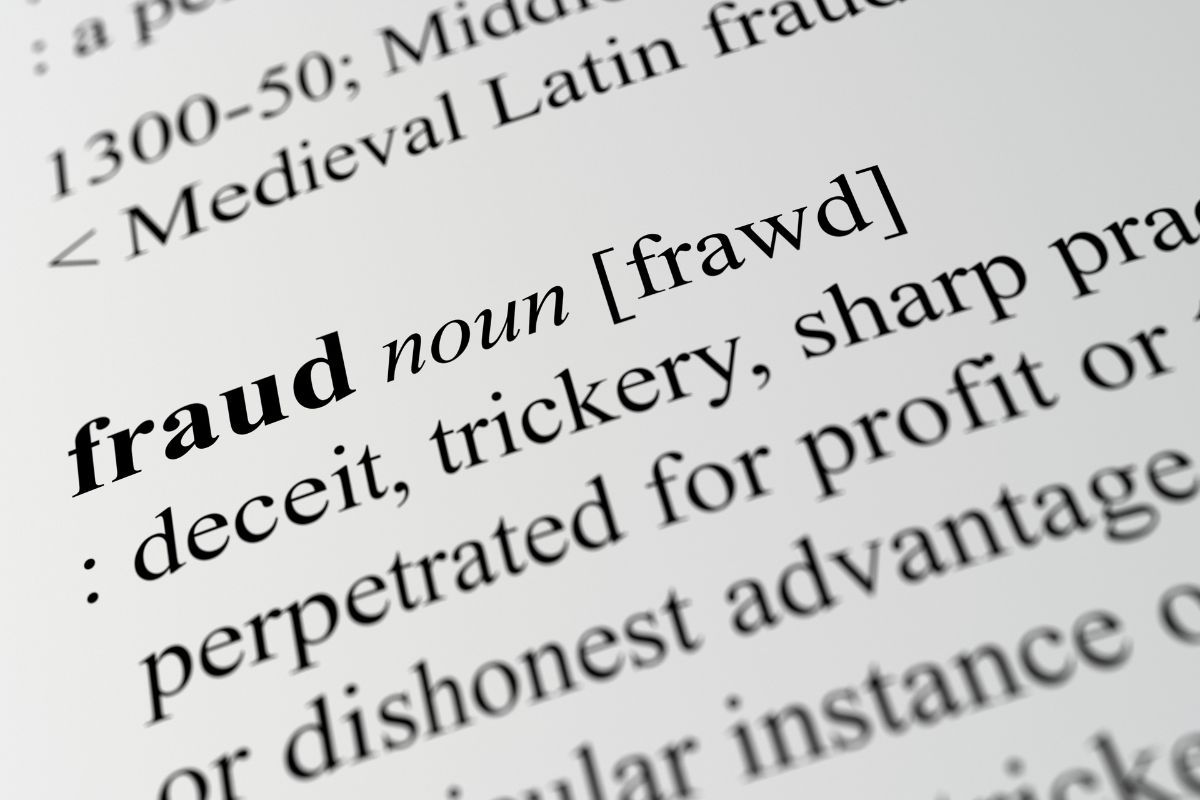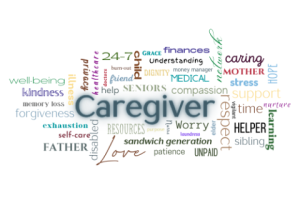Older adults are often targeted by scammers and fraudsters, who prey on their vulnerability and trust. These scams can have devastating financial and emotional consequences and rob them of their hard-earned savings. As such, it is vital to take steps to protect older adults from becoming victims of fraud. In this article, we will outline some consumer protection steps for you to take to help protect older adults from being victimized.
Step 1: Educate older adults about common scams
First and foremost, one of the most important steps you can take to protect older adults from scams is to educate them about common scams. Many of them need to be aware of the latest scams and learn how to recognize them. Then, take the time to sit down with older people and explain the various types of scams, such as phishing, lottery, and tech support.

Step 2: Encourage seniors to be cautious with personal information
Likewise, scammers often ask for personal information, such as social security and bank account numbers, to perpetrate their scams. Therefore, encourage older adults to be cautious with their personal information. Tell them to only give it out if they are confident that the person or organization they are dealing with is legitimate. Furthermore, remind them that legitimate organizations will never ask for their personal information over the phone or via email.
Step 3: Help older adults keep their computer and online accounts secure
Unfortunately, many scams and fraud occur online and it is crucial to help keep their computers and online accounts secure. Installing antivirus software, keeping their software up to date, and using strong passwords protects their accounts. As an extra precaution, you can help your older adult set up two-factor authentication on their online accounts to add an extra layer of security.
Step 4: Help your senior to monitor their credit
Additionally, scammers often open accounts in their victims’ names, damaging their credit scores. Help seniors monitor their credit by encouraging them to regularly obtain a free credit report from one of the three major credit reporting agencies. So, this will allow them to check for any unauthorized activity and take steps to address it if necessary.

Step 5: Encourage older adults to seek help if they are victimized
However, if seniors do become victims of fraud, they must seek help as soon as possible. Encourage them to contact their bank or credit card company to report any unauthorized charges and the authorities if they suspect they have been scammed. Then, remind them they are not alone and that many resources are available to help them.
Help protect
Ultimately, protecting our older adult friends and family from scams and fraud is a crucial responsibility we must take seriously. As a result, you will help ensure that you are better prepared to recognize and avoid scams. That way, you can seek help if they are victimized. Remember, the best defense against fraud is education. So, take the time to educate your older adult about the latest scams and how to protect themselves.
- Are you helping a senior with taxes? Check out our blog “Helping Seniors Prep for Tax Season”
Looking for more information? Sign up for our newsletter!









